The Android Security team’s former tech lead, who’s now a security researcher on Google’s Project Zero, breaks down why.
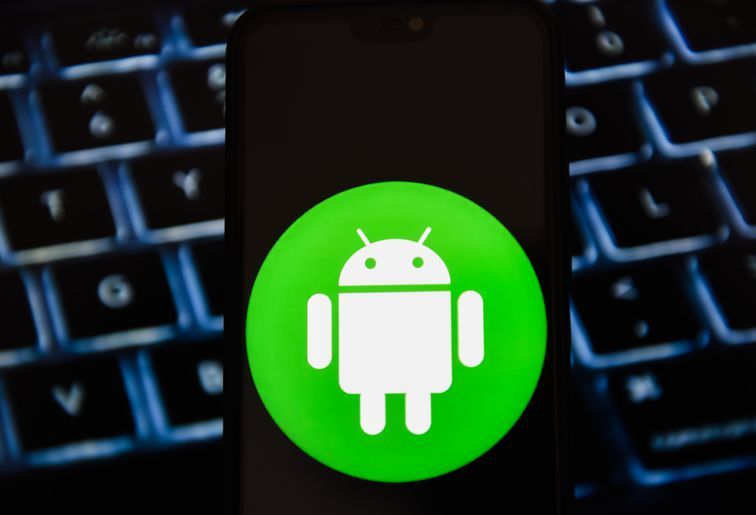

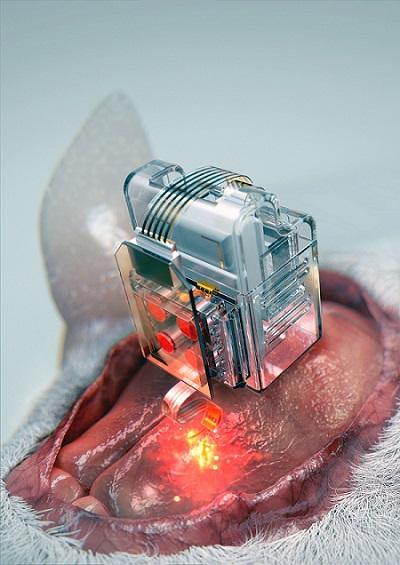
Researchers have developed a soft neural implant that can be wirelessly controlled using a smartphone. It is the first wireless neural device capable of indefinitely delivering multiple drugs and multiple colour lights, which neuroscientists believe can speed up efforts to uncover brain diseases such as Parkinson’s, Alzheimer’s, addiction, depression, and pain. A team under Professor Jae-Woong Jeong from the School of Electrical Engineering at KAIST and his collaborators have invented a device that can control neural circuits using a tiny brain implant controlled by a smartphone. The device, using Lego-like replaceable drug cartridges and powerful, low-energy Bluetooth, can target specific neurons of interest using drugs and light for prolonged periods. This study was published in Nature Biomedical Engineering.
“This novel device is the fruit of advanced electronics design and powerful micro and nanoscale engineering,” explained Professor Jeong. “We are interested in further developing this technology to make a brain implant for clinical applications.”
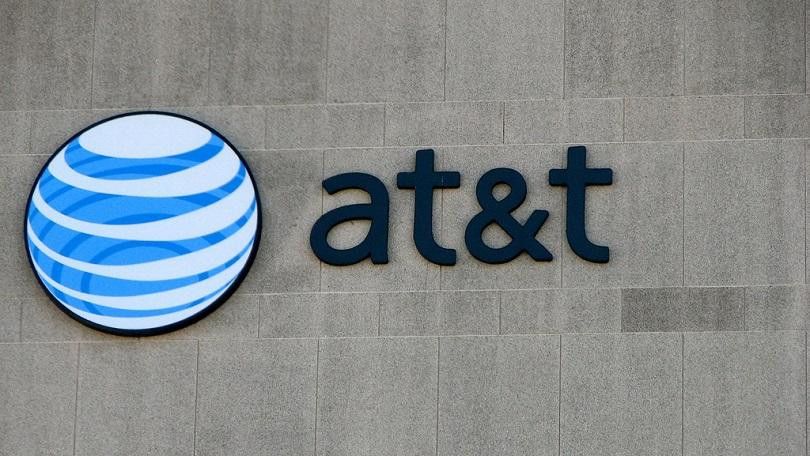
For five years, several AT&T employees were conspiring with a Pakistani man to install malware on company computers so that man could unlock millions of smartphones subsidized by the carrier, according to federal investigators.
On Tuesday, the Justice Department unsealed an indictment against Muhammad Fahd for bribing AT&T employees at a call center in Washington state to pull off the scheme. According to the feds, Fahd allegedly paid more than $1 million in bribes to the AT&T employees during the conspiracy, which allowed him to fraudulently unlock more than 2 million AT&T phones from 2012 to 2017.
Fahd allegedly partnered with businesses that offered cell phone unlocking services in exchange for a fee. These unnamed business would then supply him with the IMEI numbers of the phones bound to AT&T’s network.
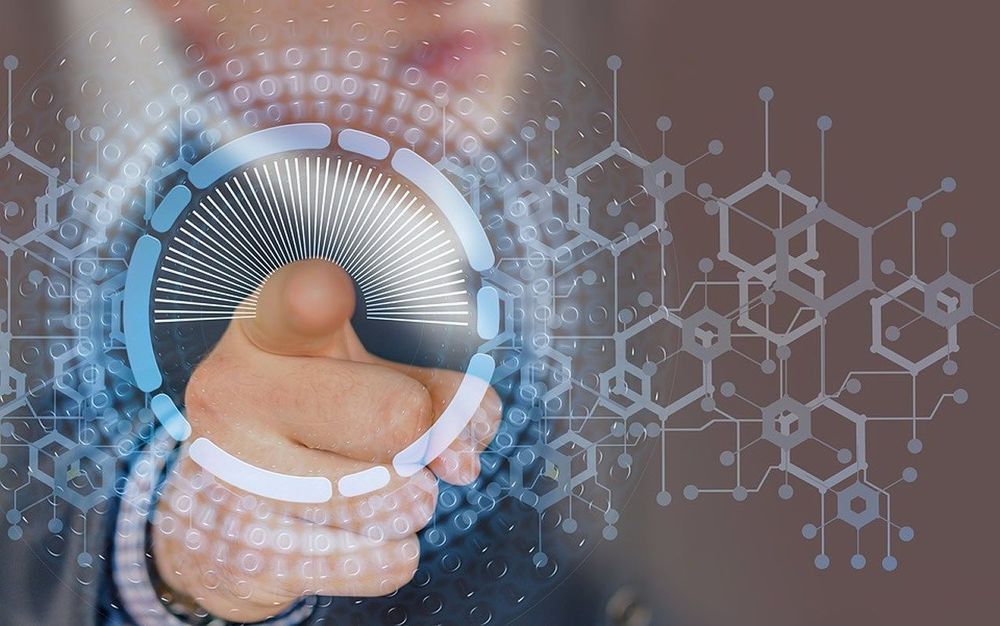
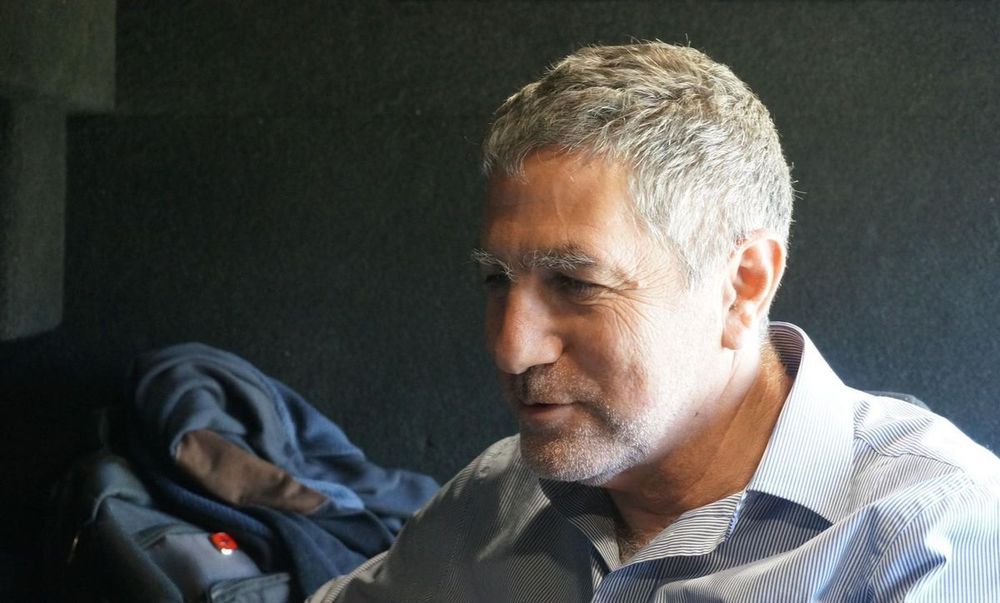

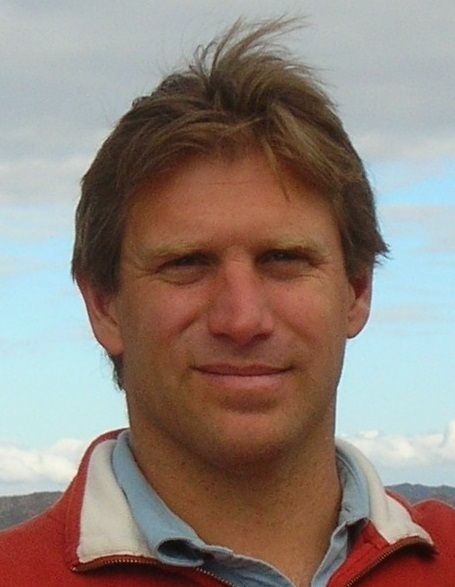
On the heels of my latest New York Times OpEd, which is in print today on page 4 of the NYT Sunday Review, I’m excited to share my brand new book: The Futuresist Cure: Notes From the Front Lines of #Transhumanism. It’s a collection of my best essays on the future, many re-adapted, and many which have helped shape our movement. It’s #FREE today on Amazon in #Kindle. Or get the paperback version. There’s a foreword by the late Jacque Fresco. Download the book for FREE today!
Enter your mobile number or email address below and we’ll send you a link to download the free Kindle App. Then you can start reading Kindle books on your smartphone, tablet, or computer — no Kindle device required.
Given that going viral on the Internet is often cyclical, it should come as no surprise that an app that made its debut in 2017 has once again surged in popularity. FaceApp applies various transformations to the image of any face, but the option that ages facial features has been especially popular. However, the fun has been accompanied by controversy; since biometric systems are replacing access passwords, is it wise to freely offer up our image and our personal data? The truth is that today the face is ceasing to be as non-transferable as it used to be, and in just a few years it could be more hackable than the password of a lifetime.
Our countenance is the most recognisable key to social relationships. We might have doubts when hearing a voice on the phone, but never when looking at the face of a familiar person. In the 1960s, a handful of pioneering researchers began training computers to recognise human faces, although it was not until the 1990s that this technology really began to take off. Facial recognition algorithms have improved to such an extent that since 1993 their error rate has been halved every two years. When it comes to recognising unfamiliar faces in laboratory experiments, today’s systems outperform human capabilities.
Nowadays these systems are among the most widespread applications of Artificial Intelligence (AI). Every day, our laptops, smartphones and tablets greet us by name as they recognise our facial features, but at the same time, the uses of this technology have set off alarm bells over invasion of privacy concerns. In China, the world leader in facial recognition systems, the introduction of this technology associated with surveillance cameras to identify even pedestrians has been viewed by the West as another step towards the Big Brother dystopia, the eye of the all-watching state, as George Orwell portrayed in 1984.
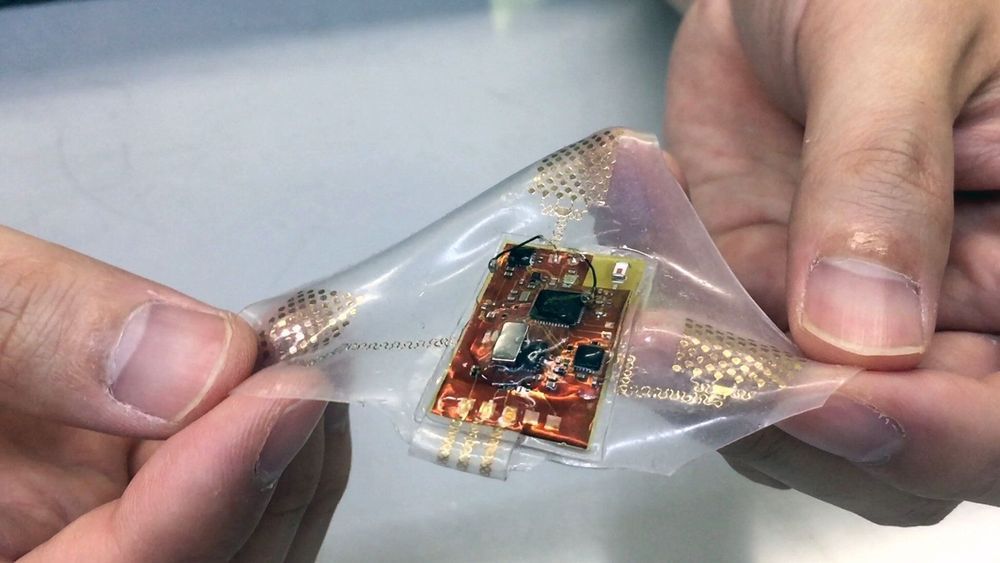
A wireless, wearable monitor built with stretchable electronics could allow comfortable, long-term health monitoring of adults, babies and small children without concern for skin injury or allergic reactions caused by conventional adhesive sensors with conductive gels.
The soft and conformable monitor can broadcast electrocardiogram (ECG), heart rate, respiratory rate and motion activity data as much as 15 meters to a portable recording device such as a smartphone or tablet computer. The electronics are mounted on a stretchable substrate and connected to gold, skin-like electrodes through printed connectors that can stretch with the medical film in which they are embedded.
“This health monitor has a key advantage for young children who are always moving, since the soft conformal device can accommodate that activity with a gentle integration onto the skin,” said Woon-Hong Yeo, an assistant professor in the George Woodruff School of Mechanical Engineering and Wallace H. Coulter Department of Biomedical Engineering at the Georgia Institute of Technology. “This is designed to meet the electronic health monitoring needs of people whose sensitive skin may be harmed by conventional monitors.”
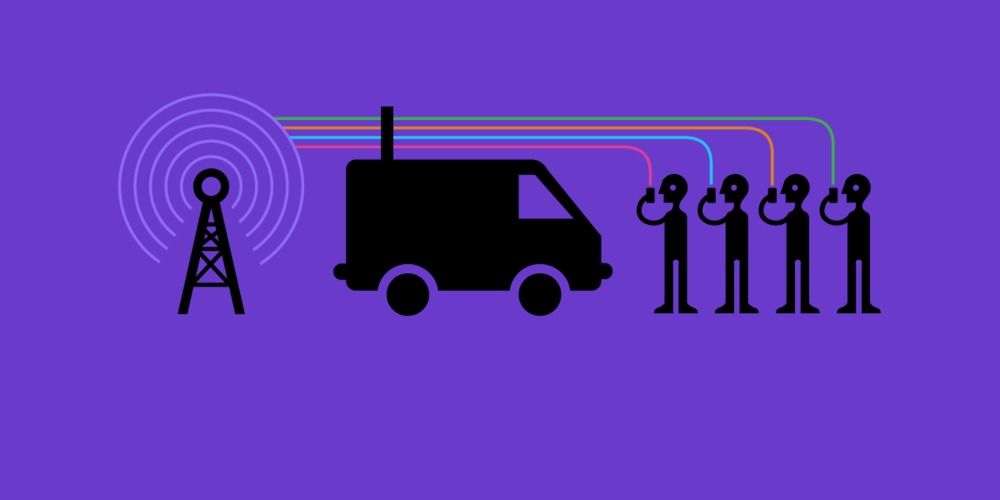
NLP.
Cell-site simulators, also known as Stingrays or IMSI catchers, are devices that masquerade as legitimate cell-phone towers, tricking phones within a certain radius into connecting to the device rather than a tower.
Cell-site simulators operate by conducting a general search of all cell phones within the device’s radius, in violation of basic constitutional protections.
Law enforcement use cell-site simulators to pinpoint the location of phones with greater accuracy than phone companies. Cell-site simulators can also log IMSI numbers (unique identifying numbers) of all of the mobile devices within a given area. Some cell-site simulators may have advanced features allowing law enforcement to intercept communications or even alter the content of communications.